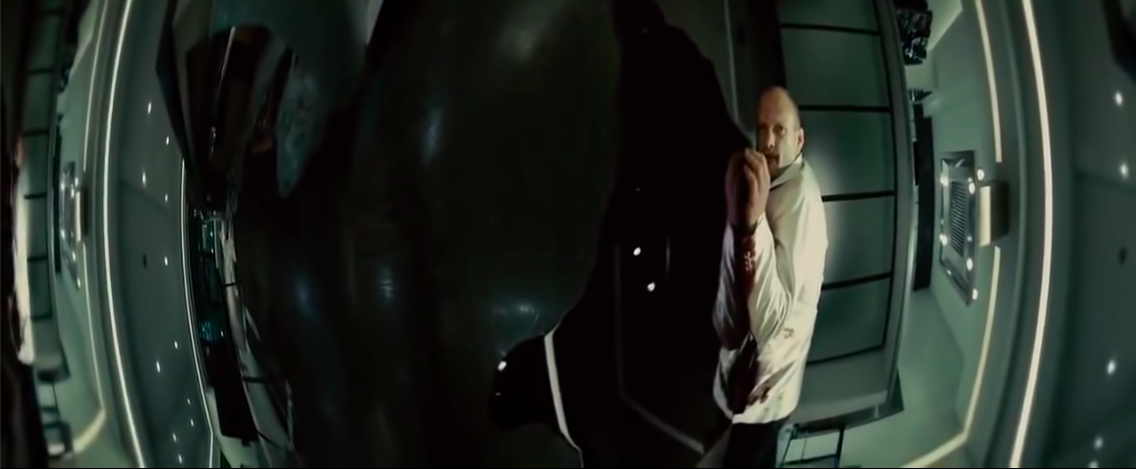The Error-Image: On the Technics of Memory
Post-Cinema: Theorizing 21st-Century Cinema, edited by Julia Leyda and Shane Denson (REFRAME Books 2016).
This collection is intended for classroom use and is freely available here.

What is it to experience a fragment of time in its pure state? Is such an aesthetic really possible, as Gilles Deleuze assumes in Cinema 2? How do film and electronic visual media either depict or instill such experience? In reply to these questions, this book chapter proposes an aesthetic relation between viewer and temporal object: the error-image. Through numerous examples from visual culture, I synthesize Henri Bergson's philosophy of memory with Bernard Stiegler's technological phenomenology. Technics, on one hand, help to materialize the former's metaphysical dualism and, on the other hand, transgress the latter's clearcut stratification of technical recording from living memory.
